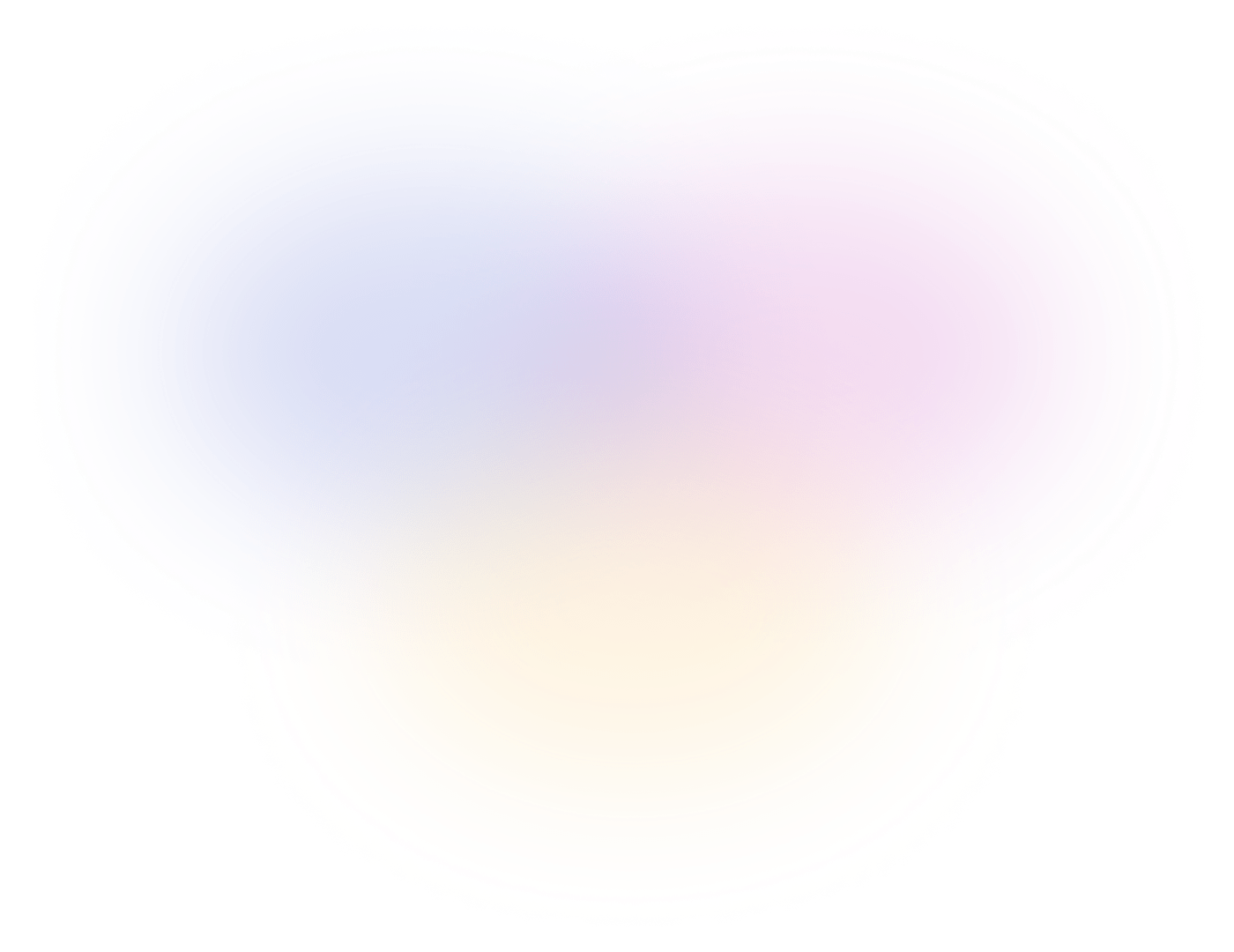
RCSB PDB: Homepage
As a member of the wwPDB, the RCSB PDB curates and annotates PDB data according to agreed upon standards. The RCSB PDB also provides a variety of tools and resources. Users can perform simple and advanced searches based on annotations relating to sequence, structure and function. These molecules are visualized, downloaded, and analyzed by users who range from students to specialized scientists.
The RCSB Protein Data Bank (RCSB PDB) provides a variety of tools and resources for studying the structures of biological macromolecules and their relationships to sequence, function, and disease. It serves as a global repository for 3D structural data of proteins and nucleic acids, determined by X-ray crystallography, NMR spectroscopy, and cryo-electron microscopy. The site offers detailed information on molecular structures, including visualization tools, educational resources, and research data.
900K
30000 / day
1.5M
50000 / day
5.5 min
4.5 pages per visit
40%
-
Domain Rating
-
Domain Authority
-
Citation Level
1971
English, etc
Website Key Features
Structure Visualization
Interactive 3D visualization of molecular structures using WebGL-based tools.
Advanced Search
Comprehensive search capabilities allowing users to find structures by sequence, function, and more.
Educational Resources
A wide range of tutorials, guides, and educational materials for students and educators.
Data Download
Ability to download structural data in various formats for offline analysis.
Molecular Modeling
Tools for molecular modeling and simulation to predict molecular behavior.
Sequence Analysis
Tools for analyzing protein and nucleic acid sequences in relation to structure.
Disease Association
Information on how molecular structures relate to diseases and potential drug targets.
API Access
Programmatic access to the database for integration with other tools and services.
Collaborative Tools
Features that support collaboration among researchers, including shared projects and annotations.
Mobile Access
Optimized access to the site and its resources from mobile devices.
Similar Sites and Competitors
Additional information
Funding
Supported by grants from the National Science Foundation, the National Institutes of Health, and the Department of Energy.
Collaboration
Operated by a consortium including Rutgers, The State University of New Jersey; the San Diego Supercomputer Center at UC San Diego; and the University of California, San Francisco.
Data Volume
Houses over 170,000 structures, making it one of the largest repositories of its kind.
User Base
Serves a global community of researchers, educators, and students in the life sciences.
Innovation
Continuously updates its tools and resources to incorporate the latest scientific and technological advancements.
HTTP headers
Security headers report is a very important part of user data protection. Learn more about http headers for rcsb.org